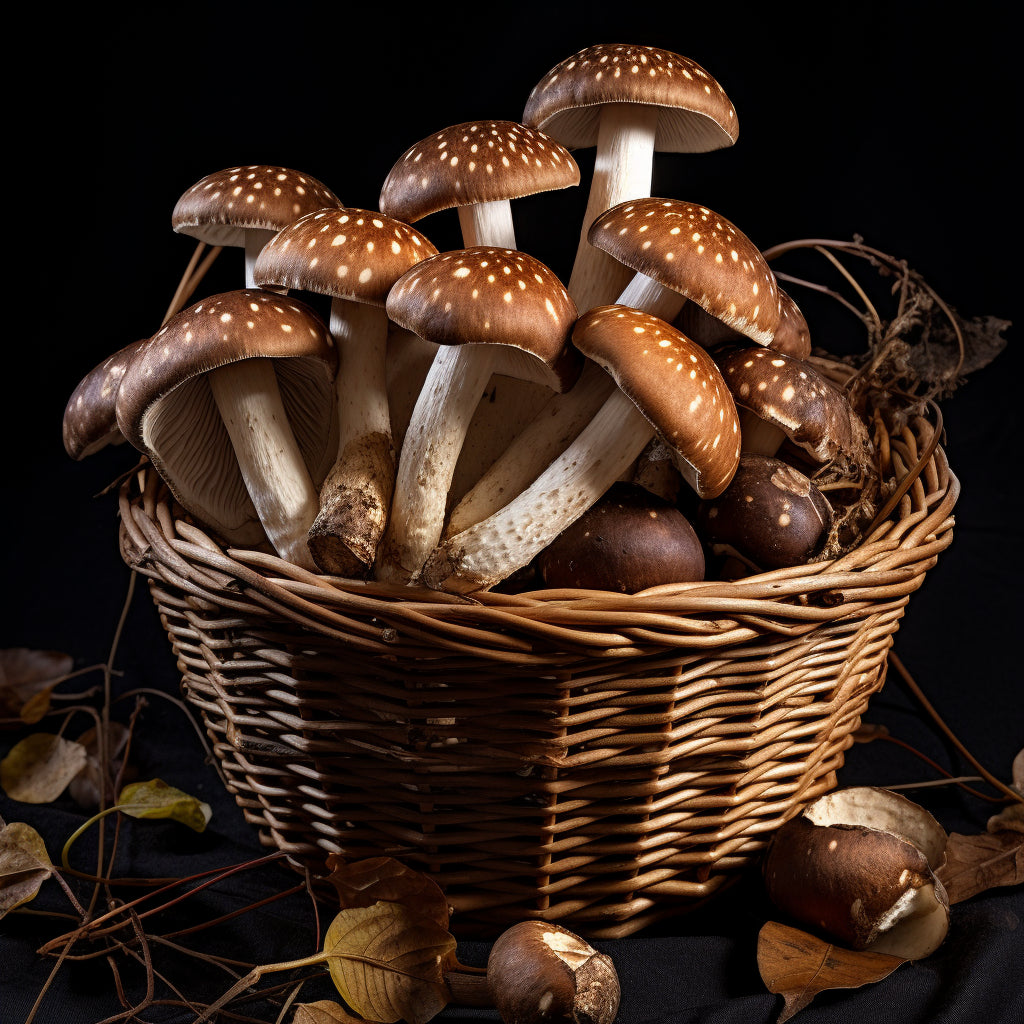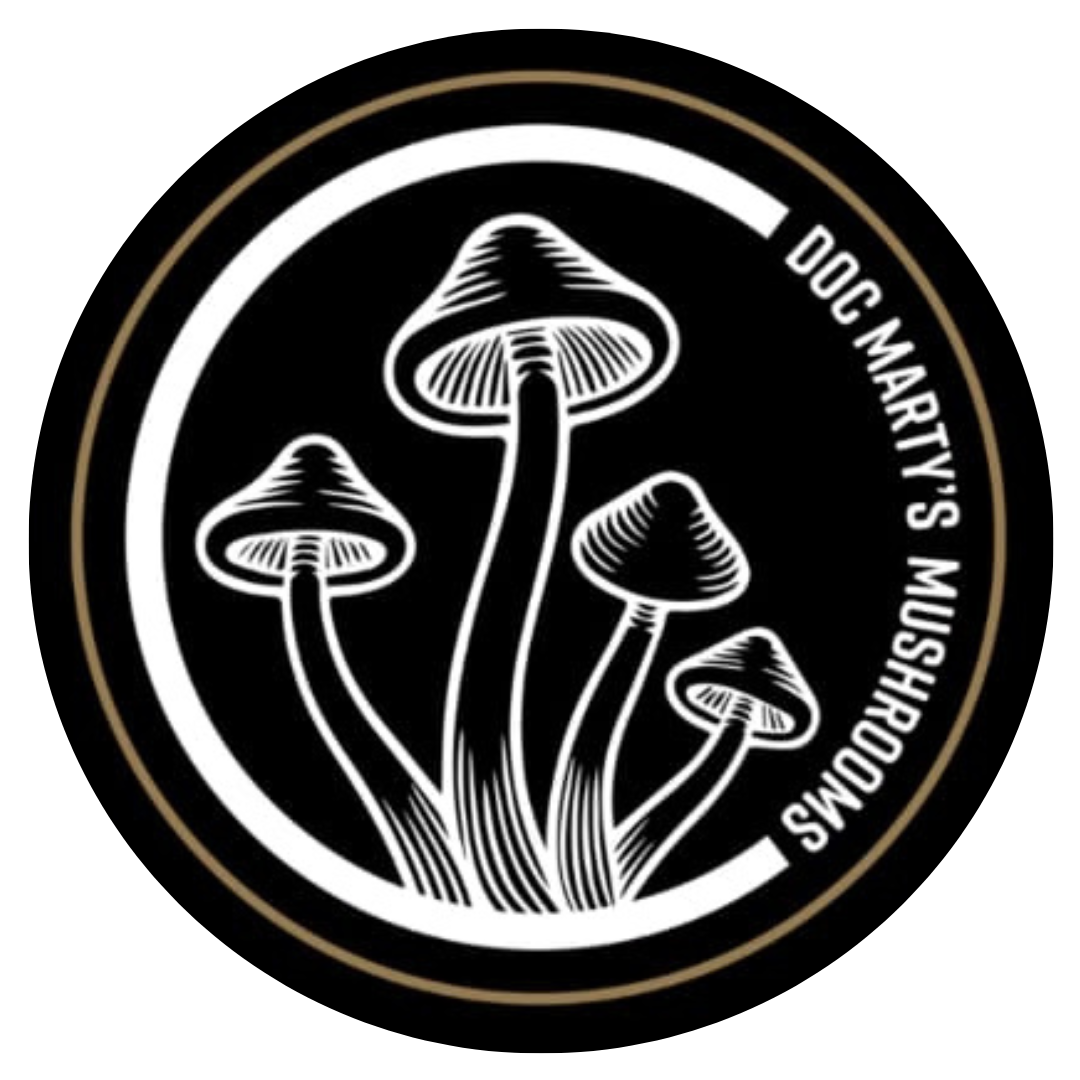
A Little Mushroom with Big Potential
First off, let's talk about the Turkey Tail mushroom. No, it's not a part of a turkey – it's a mushroom that resembles the colorful tail of a wild turkey. This humble fungus, scientifically known as Trametes versicolor, is not just a feast for the eyes but also a powerhouse of potential health benefits.
The Dynamic Duo: PSK and PSP
At the heart of Turkey Tail's therapeutic potential are two remarkable compounds: PSK and PSP. These are not your average nutrients; they are bioactive peptides that have caught the attention of the scientific community for their potential in cancer therapy.
PSK: The Trailblazer
PSK, or Polysaccharide Krestin, was first isolated in Japan in the 1970s. It quickly gained recognition for its immune-boosting properties. PSK is essentially a type of polysaccharide, a long-chain carbohydrate that plays a crucial role in supporting and enhancing the body's immune response.
PSP: The New Kid on the Block
PSP, or Polysaccharopeptide, was later discovered in China. Like PSK, PSP is also known for its immune-modulating effects. What makes PSP particularly interesting is its potential to inhibit the growth of cancer cells, making it a subject of intense research.
How Do PSK and PSP Help Cancer Patients?
Now, let's get down to the nitty-gritty: how do these compounds help those battling cancer? The answer lies in their ability to support and modulate the immune system.
-
Boosting Immune Response: Both PSK and PSP are believed to enhance the body's immune response. This is crucial for cancer patients, whose immune systems are often weakened by the disease and treatments like chemotherapy.
-
Complementary Therapy: In several studies, particularly in Japan, PSK has been used alongside conventional cancer treatments, such as chemotherapy, to improve patient outcomes. It's thought to enhance the efficacy of these treatments and help reduce side effects.
-
Targeting Cancer Cells: There's emerging evidence that PSP might have the ability to inhibit the growth of certain cancer cells. This doesn't mean it's a cure, but it's an exciting avenue for further research.
The Science Behind the Scenes
It's important to note that while the initial research is promising, we're still in the early stages of fully understanding how PSK and PSP work. Most studies have been conducted in laboratories or with animals, and more human clinical trials are needed to confirm these findings.
A Word of Caution
Before you rush to the nearest health store, remember that supplements like PSK and PSP should not replace conventional cancer treatments. Always consult with a healthcare professional before adding any new supplement to your regimen, especially if you're undergoing cancer treatment.
The Future Looks Bright
The exploration of PSK and PSP in cancer therapy is a perfect example of how traditional remedies can lead to modern scientific breakthroughs. As research continues, we may find even more ways these peptides can support health and well-being.
Wrapping Up
The story of PSK and PSP from Turkey Tail mushrooms is a testament to nature's incredible pharmacy. While we await more definitive scientific evidence, the potential of these compounds in supporting cancer therapy remains a beacon of hope for many.
Stay curious, stay hopeful, and let's keep an eye on the unfolding story of Turkey Tail mushrooms in the world of cancer therapy!




